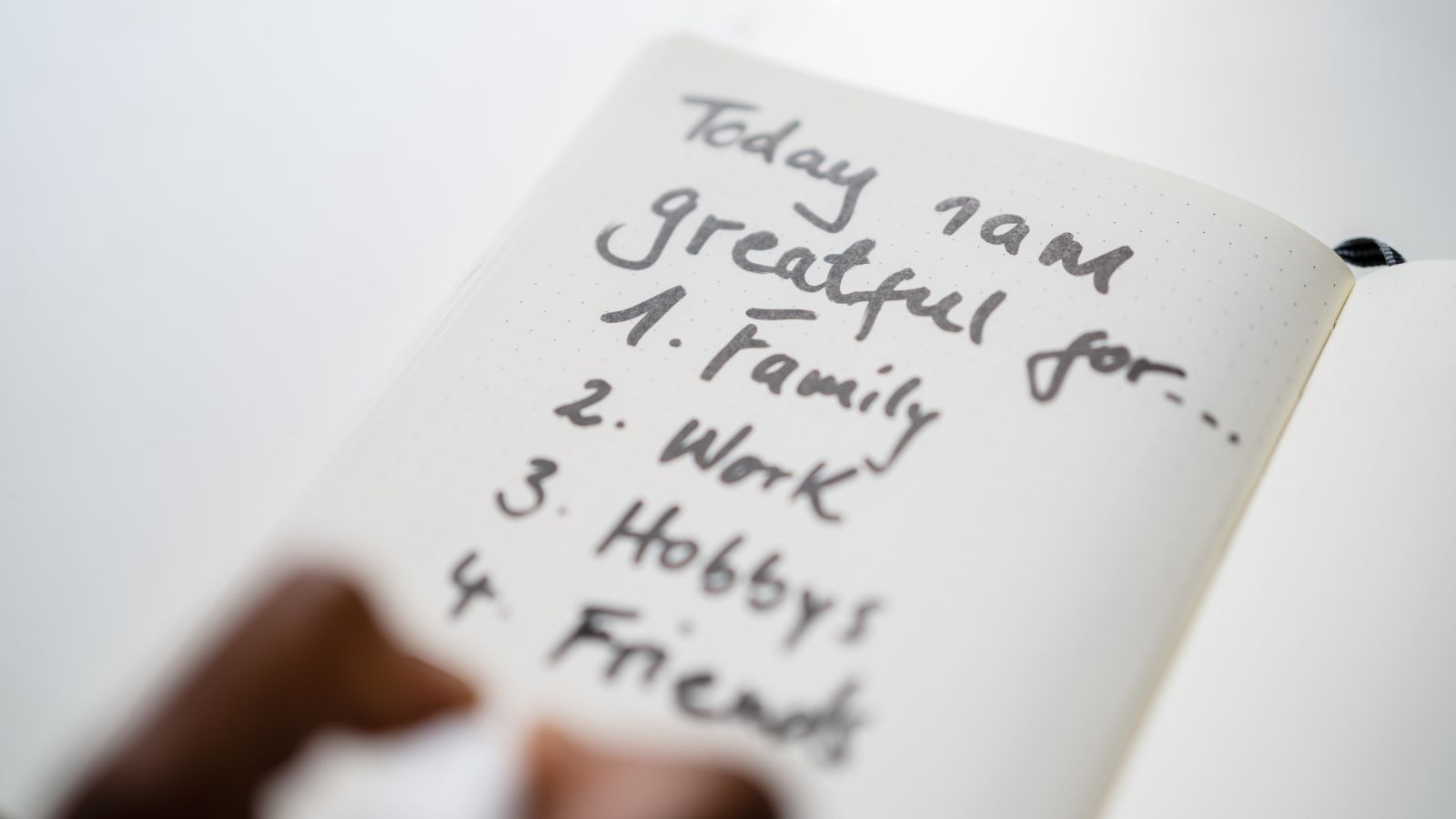
Improve Your Efficiency with These Journaling Habits

Having a journal or just thinking about starting one is a great call. Beyond using it to remember what you ate for lunch or who you met, journaling can drastically improve your productivity. Let’s look at some simple yet effective journaling habits that’ll help you get things done more efficiently.
Kick Off Your Day on Paper

Start each day by scribbling down your thoughts first thing in the morning. This gives your brain a warm-up session before it hits the gym. This can help you focus on what’s really important for the day and leave any unnecessary worries on the page. Plus, it’s pretty nice to get all those thoughts out of your head and onto something real.
Count Your Blessings
You should also try writing down three things you’re grateful for every day. Doing this can really change your mood and motivation levels by turning that half-empty glass into a half-full one. Before you know it, doing this little habit will help you create a massive bank of positivity that keeps you going.
Today’s Top Three
Try listing your top three must-do tasks each day in your journal so that you can stay on track without getting bogged down by a zillion other things that might pop up. Essentially, it keeps your eyes on the prize. You know exactly what needs crossing off your list before you call it a day.
Pat Yourself on the Back
Every night, take a minute to jot down what you’ve achieved. It doesn’t have to be groundbreaking, as even finishing that difficult email or going for a jog is enough. This helps you see the wins, big or small, and teaches you to recognize your own efforts. That can be pretty great for your self-confidence.
Habit Tracker

Keep a log of your daily habits, such as your water intake or your reading. Tracking these can show you patterns you otherwise might miss, and it can encourage you to stick with good habits or perhaps even ditch bad ones. Soon enough, your journal will become like a personal coach, right in your hands.
Plan the Week Ahead
Spend some time on Sunday mapping out your week, but not just to write down your appointments and meetings. Think about personal goals and what you want to achieve in the coming week. When you plan ahead, you’ll feel less stressed and stop wondering what the next step is.
Bullet It Out
Make sure to keep your journal tidy and to the point with bullet lists, as this makes reviewing your notes super quick. When things are clear and accessible, staying organized is far easier. Bullet points also help you break down tasks into manageable chunks, which can stop you from feeling overwhelmed.
Monthly Reflections

You should end each month with a look back. What goals did you smash? What made you feel stuck in the mud? Seeing your progress, or lack of, gives you an idea as to how effective your actions are. Once you’ve done that, continue tweaking your game plan to make next month even better and keep on improving.
A Dose of Inspiration
Every so often, throw in a quote that lifts you up or makes you think. Sometimes, a few wise words are all it takes to get you pumped or pull you back on track. Having these little words of wisdom can really brighten your day and give you that extra push when things get tough. Those special sayings are great for those days when you need a mental boost.
Idea Dump
Whenever you get a random thought or a burst of inspiration, get it down in your journal. This section of your journal will become your go-to for brainstorming or when you’re looking for an idea you had a while back. Doing so will make sure you never lose a potentially great idea and that you’ve always got a pool of inspiration to draw from whenever needed.
Quick Scribbles

If sitting down for a long journal session feels scary, just dash off quick notes here and there. Even if it’s just a line or two, that’s enough to keep the ideas flowing, and you’ll be surprised how much those little bits add up. These snippets could eventually become the start of something bigger, or they might just remind you of things you’d otherwise forget.
The Real Feel of Paper
There’s something about writing on actual paper that just feels right. It can make the whole process more engaging and personal, especially since it’s a nice break from all the screens we stare at all day. Science shows that physically writing something can help you remember things far better than any other screen could.
Color Your World
You should also try to use different-colored pens or markers to organize your entries, as this makes it easy to find exactly what you’re looking for. Perhaps you could use blue for thoughts, green for goals, and red for important stuff. Whatever colors you choose, visually organizing your journal will make it a useful tool and visually appealing record of your life and thoughts.
Challenge Corner
Make sure you write about any challenges as they come because this can help you with problem-solving. Even just describing the problem in writing can make the solution clearer to you or at least give you a chance to vent. You’ll be able to work through your issues in a structured way.
Just for Your Eyes

One thing you have to do is keep your journal private. After all, this is your safe space to be completely honest, which is important for genuine self-reflection and progress. The privacy of your journal allows you to express thoughts and feelings without worrying about being judged, which can help you grow on a personal level.
Prompt Yourself
Whenever you’re stuck on what to write, try to use prompts to kickstart your journaling. A simple question like “What made me smile today?” can lead to more ideas and thoughts than you might realize. These prompts can help you reflect on things on a deeper level or simply help you capture the small, happy moments of your day.
Map It Out
For more complicated ideas or projects, sketch out mind maps, as this can help you organize your thoughts visually. As such, you can then plan out your actions more clearly. Mind maps are especially useful for visual thinkers and can help you understand the relationships between different ideas and tasks.
Check the Mirror
Every now and then, step back and check if your journaling is really helping you reach your goals. Change it as needed, like trying a new technique or dropping one that isn’t working, to keep it fresh and keep it working for you. Continually assessing your writing helps your journaling evolve with your needs and become an important part of your life.
Share this post :


11 Methods of Combining Cleaning With Journaling for Everyday Peace

How Tidying and Writing Improve Mental Health

11 Ways to Use Cleaning and Journaling as Life Tools
Subscribe our newsletter
Stay Updated with the Latest Reviews – Subscribe to Our Newsletter!
Affiliate Disclosure
As an Amazon Associate, Journaltreats.com earns from qualifying purchases.
Our website also contains other affiliate links, but our editorial content is not influenced by advertisers or affiliate partnerships. See our full disclosure.
AI Disclosure: Some elements may have been created with the assistance of AI tools.
Copyright Notice
All of the content on this website, including images, text, audio, and video, is Copyright © 2024 Journal Treats and may not be stolen, reproduced, downloaded, republished, or otherwise used without the explicit written permission of the owner of Journaltreats.com.
Except where prior permission is granted, Journal Treats reserves all rights.


